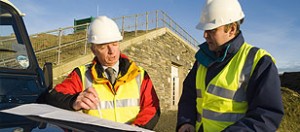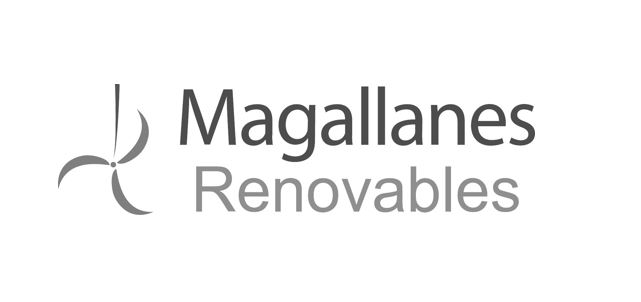Blog: Missing the Boat?
This week Neil Kermode attended an Island Grid Summit in Stornoway convened by Scotland’s Energy Minister Fergus Ewing. Here he reflects on the grid issues we face:

‘Missing the Boat’ is a literal problem on a daily basis for many in Orkney. As an archipelago you are never far from the water and the coming and going of the ferries connecting the islands to each other and the mainland of Scotland drive a rhythm in many lives.
There is consequently an elevated level of sensitivity about time. And this permeates many walks of life and a sense of urgency pervades.
Nowhere is this more prominent than in the high profile debate on energy. Orkney’s electricity is already generally powered by renewables with the excess being profitably sold through the national grid for use further south. But the lack of investment in grid infrastructure is biting hard with renewables businesses starting to struggle as the grid fills up and the means to export power is not arriving in time as expected.
The reality gap between knowing Orkney has energy a-plenty and the failure to deliver the means to export it is already a real and present issue.
Orkney is home to the bulk of the present activity seeking to harvest electricity from the waves and tides around the UK. This is largely because of the establishment of EMEC, the European Marine Energy Centre, in Orkney in 2003. The pioneering work being done has seen 11 devices installed and some 280 people are believed to be working today in the nascent sector in the County today. This work & these jobs are at risk unless we sort out the grid.
And we have seen it before. In the 80s Orkney was also home of the world’s largest wind turbine. This was part of the Wind Test Centre established on Burgar Hill in Orkney. Then the UK had ambitious plans to lead the world in wind energy. Unfortunately the UK lost its nerve and so the support failed to keep up with the rhetoric and the site was eventually abandoned.
However if you go there today it is covered in wind turbines, but not one of them British. Orkney is powered by wind, but none of them have the Union Flag or Saltire on them.
So Orkney has seen what happens when great ideas are not properly fostered at the right time. We can go and stand on the foundation of the 3MW turbine built by British Aerospace, GEC and Taylor Woodrow and which now is effectively the gravestone of the British wind manufacturing industry.
This week an Island Grid Summit was convened by Scotland’s Energy Minister Fergus Ewing in Stornoway and was a clear and welcome indication that the lessons of the past are being heeded. There is clear determination from Government to make the most of the renewable potential, there were passionate calls from the communities for investment to support projects. There are investors willing to invest.
But what seemed to be missing was agreement on how helpful OFGEM and the grid operators are being or were willing to be. This lack of agreement seemed mired in interpretations of rules and regulations rather than of fundamental problems based on physics, chemistry or engineering. As such they are soluble if the parties wanted them to be solved.
The UK missed the boat when it came to wind and it would be little short of criminal if we actually got off the wave and tidal ship we presently steer and waved it goodbye from the quayside. All for the sake of interpretations of rules originally written for a grid based on the dirty old processes of burning carbon.
These islands need a grid fit for the 21st century. The time to build it is now.





